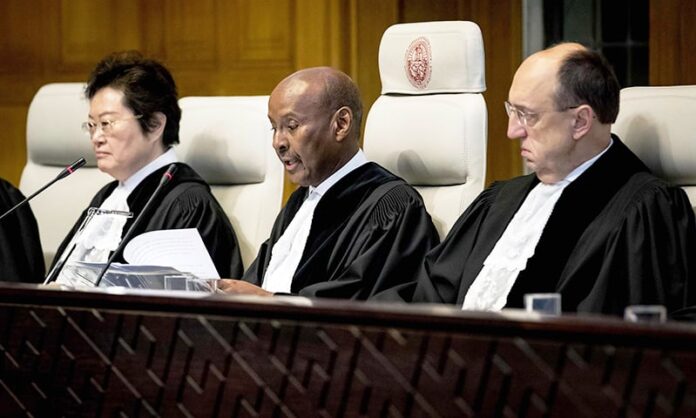Author: Michael Ramsden
Affiliation: The Chinese University of Hong Kong
Organization/Publisher: Social Science and Research Network
Date/Place: January 21, 2021/Hong Kong
Type of Literature: Article
Number of Pages: 24
Link: https://papers.ssrn.com/sol3/papers.cfm?abstract_id=3768924
Keywords: War Crimes, Strategic Litigation, The Genocide Convention.
Brief:
Strategic litigation is a popular tool for campaigners against ongoing crimes, as the use of strategic litigation provides not only judicial resolution but accountability prevents crimes from continuing. In this way, even cases which are not concluded could change a case’s theoretical framework. The author uses the case of Gambia v. Myanmar as an example of how Gambia represents the Organization of Islamic Cooperation (OIC) as a proxy. Under the Genocide Convention, the OIC has campaigned against Myanmar’s treatment of the Rohingya; but Gambia brought Myanmar to the International Court of Justice (ICJ) to account for its crime. The important point was the reframing of the case as a non-security problem, as Gambia reframed it under the Genocide Convention. By doing thus, the ICJ took some actions against Myanmar. Therefore, the OIC used strategic litigation as a tool against Myanmar to answer for the genocide. In this way, even if the case takes years to conclude, the ICJ has ordered some provisional measures in order to compel Myanmar to reform its actions. The use of strategic litigation helps campaigners’ efforts against atrocious crimes. The author believes in strategic litigation’s effectiveness in these kinds of cases; but after the Court ordered provisional measures, Myanmar did not go beyond diplomatic means and denial to escape accountability.
By: Esra Ibrahimağaoglu, CIGA Research Intern




